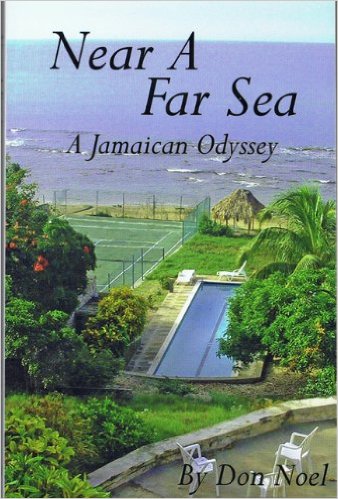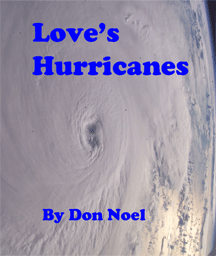I’m having a bit of a run, having stories published that draw on my adolescent years on Deep Springs’ Swinging T cattle ranch. Street People, set near the ancient bristlecone pines on our summer range, was out June 1. Now Spiders, based on my real-life experience watching a duel between a scorpion and a black widow, is out in True Chili, which bills itself as a a home for cowboy literature. And a third, based on my cowpunching model and guru, has been accepted for October publication. I should mine that memory bank some more!
Now Spiders, based on my real-life experience watching a duel between a scorpion and a black widow, is out in True Chili, which bills itself as a a home for cowboy literature. And a third, based on my cowpunching model and guru, has been accepted for October publication. I should mine that memory bank some more!
You can read my Spiders and other cowboy stories at the True Chili website, here===>
. . . or right here on my blog ===>

 pregnancy would be revealed, and she humiliated, if the infant she gave up at birth showed up shouting “Mama!”
pregnancy would be revealed, and she humiliated, if the infant she gave up at birth showed up shouting “Mama!”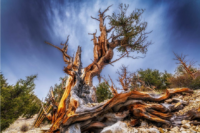 revisiting the Ancient Bristlecone Forest in the Inyo-White Mountains, just east of the High Sierra, where I’d herded cattle one summer in ancient history. I can’t remember now what prompted me to build the story around a homeless couple out to see America, but it flowed fairly well. Unsure of it, though, I set it aside.t
revisiting the Ancient Bristlecone Forest in the Inyo-White Mountains, just east of the High Sierra, where I’d herded cattle one summer in ancient history. I can’t remember now what prompted me to build the story around a homeless couple out to see America, but it flowed fairly well. Unsure of it, though, I set it aside.t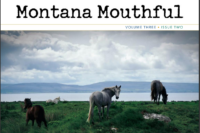 for submissions to its next issue on the theme “the great outdoors.”
for submissions to its next issue on the theme “the great outdoors.”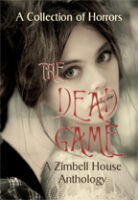 out an unusual challenge last fall: Invited stories about a game that ended in death, preferably horrible death. Moreover, they insisted on stories that began with the death scene, and then backed up to posit the setting and the game, leading up to an already-known climax — while somehow maintaining some suspense.
out an unusual challenge last fall: Invited stories about a game that ended in death, preferably horrible death. Moreover, they insisted on stories that began with the death scene, and then backed up to posit the setting and the game, leading up to an already-known climax — while somehow maintaining some suspense. what people say to one another. I’ve written and had published several in that unusual format.
what people say to one another. I’ve written and had published several in that unusual format.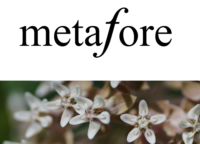 If you went out to look, on at least some nights, you might hear the yelps of some remote progeny of the critters that you used to hear sing in the California desert. And when your daughter came to visit, she might warn you that those wild animals have been known to go after domestic pets.
If you went out to look, on at least some nights, you might hear the yelps of some remote progeny of the critters that you used to hear sing in the California desert. And when your daughter came to visit, she might warn you that those wild animals have been known to go after domestic pets. on the theme of “adrift”. I imagined a girl who lost her paddle while kayaking, and awaits a hero to rescue her. Third Street didn’t like it, but The Writer’s Club did; you can read it
on the theme of “adrift”. I imagined a girl who lost her paddle while kayaking, and awaits a hero to rescue her. Third Street didn’t like it, but The Writer’s Club did; you can read it 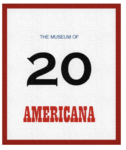 the dying, the forgotten or the almost entirely unknown aspects of Americana,” invited very short (500-word) essays involving “creatures . . . from pets to beasts of burden.”
the dying, the forgotten or the almost entirely unknown aspects of Americana,” invited very short (500-word) essays involving “creatures . . . from pets to beasts of burden.”


